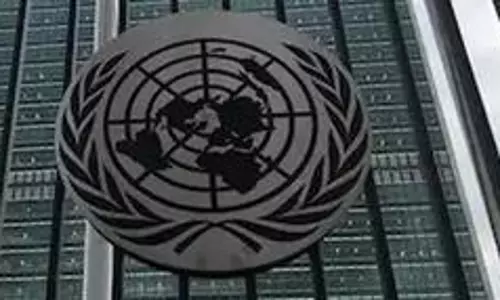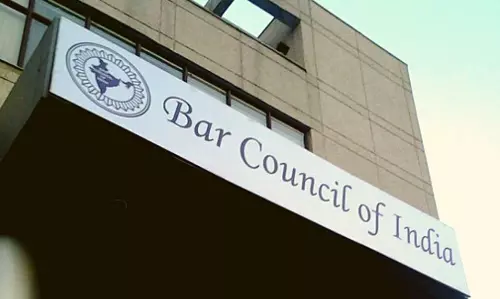
Researchers debunk COVID-19 vulnerability's alleged link to blood groups
text_fields
In a new study conducted in the US, researchers debunked the theory claiming SARS-CoV-2 infection is linked to certain blood groups. The study further explained that a person's blood group does not make him or her more vulnerable to Covid-19.
A total of 107 796 individuals who were newly infected with SARS-CoV-2 between March 3 and November 2, 2020, and had a recorded blood type, were examined in the study. The research published in the journal JAMA Network Open revealed that the blood types A, B, AB and O were not associated with disease susceptibility or severity. Type A, type B and type AB were not associated with increased viral positivity, hospitalization or ICU admission and other worse outcomes than type O, said the report.
"Given the large and prospective nature of our study and its strongly nil results, we believe that important associations of SARS-CoV-2 and Covid-19 with ABO groups are unlikely and will not be useful factors associated with disease susceptibility or severity on either an individual or population level for similar environments and ancestries," said the research team led by Jeffrey Anderson from the varsity's School of Medicine in Salt Lake City.
Previously, reports from China had allegedly claimed that blood group A increased susceptibility to SARS-CoV-2 infection and blood group O reduced susceptibility. Some other studies from Spain and Italy concluded the same. But a large Danish study, on the contrary, implicated disease susceptibility but not severity. These reports led the researchers to examine the ABO blood groups as potential COVID-19 risk factors.
However, the researchers concluded that important associations of SARS-CoV-2 and COVID-19 with ABO groups are unlikely and will not be useful factors associated with disease susceptibility or severity on either an individual or population level. "The smaller sample sizes and retrospective, observational nature of many prior studies, in addition to their striking heterogeneity of ABO associations with disease susceptibility and severity, could be due to chance variations, publication bias, differences in genetic background, geography and environment, and viral strains," the researchers noted.























